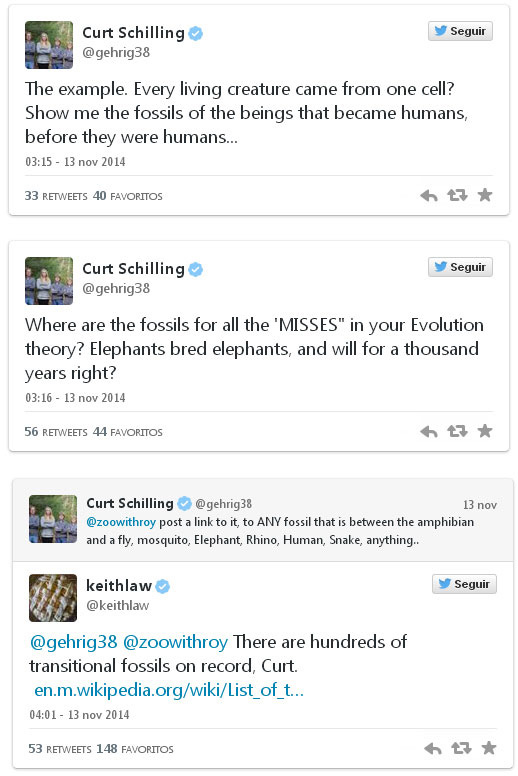Okay, all you science nerds—what do you make of this story? It raises a couple of big questions. First: among mainstream scientists, is anti-LGBTQ Christianity really more objectionable than anti-mainstream-science Christianity? And are some kinds of anti-LGBTQ religion more objectionable than others? Here’s what we know: Two professional scientific organizations recently pulled job ads from Brigham Young University. According to the Salt Lake Tribune, the American Geophysical Union and the Geological Society of America yanked the ads because BYU discriminates against LGBTQ students and faculty.
Here’s what we know: Two professional scientific organizations recently pulled job ads from Brigham Young University. According to the Salt Lake Tribune, the American Geophysical Union and the Geological Society of America yanked the ads because BYU discriminates against LGBTQ students and faculty.
I have my own strong opinions about this sort of move.* This morning, though, we’re not talking about me. Rather, we need to examine a couple of questions raised by this move. The first question is the most obvious, and it was raised by some faculty members at BYU. Namely, why is Brigham Young University being singled out for exclusion? The GSA, at least, still apparently welcomes ads from other universities that discriminate against LGBTQ students.
By accepting an ad from Baylor University—which has an explicit anti-LGBTQ “practice” policy—the GSA seems to be differentiating between types of anti-LGBTQ discrimination. Why?
The decision to nix the BYU ads raises another troubling question: Would these science organizations take ads from institutions that dispute mainstream science itself? Though Baylor quickly reversed course, in the early part of this century it established a creationist science center on its campus. According to at least one report, President Robert Sloan tried to impose a religion litmus test on new faculty. As one participant later recalled,
Jim Patton, a professor of neuroscience, psychology, and biomedical studies and former chairman of his department, remembers sitting in on an interview with Sloan and a candidate for a psychology position. The young scholar was asked whether he went to church and read the Bible. When he answered yes, he was then asked the topic of that week’s Sunday school lesson and which theology texts he was currently reading. “If precise answers weren’t acceptable,” Patton told me, “folks weren’t allowed to work here.” Many professors came to feel that Sloan was filtering out everyone but the fundamentalists.
Baylor may have changed course in terms of creationism. But when the university was pushing a different kind of science, would the GSA or AGU have accepted ads from Baylor? Or would these professional organizations have made the same protest against alternative-science institutions that they make against (one) anti-LGTBQ one? And what about now?
These problems lead us to our questions of the day. What do you think:
- Should professional organizations discriminate against discriminating colleges?
- Should they be more consistent and ban Baylor, too? (And other anti-LGBTQ schools)?
- Should they defend mainstream science with the same vim that they use to defend LGBTQ rights?
____________________________________________________________________________________________
*In general, I support this sort of professional activism. I agree that anti-LGBTQ policies put institutions outside the realm of mainstream thinking. If religious institutions want to engage in anti-LGBTQ policies, that is their right, but such policies should not be supported by public money. And other institutions, such as these professional societies, are well within their rights to exclude discriminatory colleges. I personally would support such a move by my closest professional organization, the History of Education Society (US). But just to make sure everyone dislikes me, I also advocate more freedom for students to participate in discriminatory student groups.












